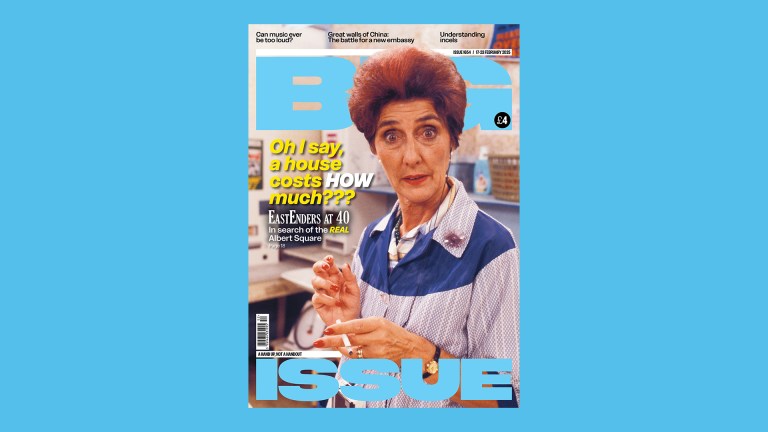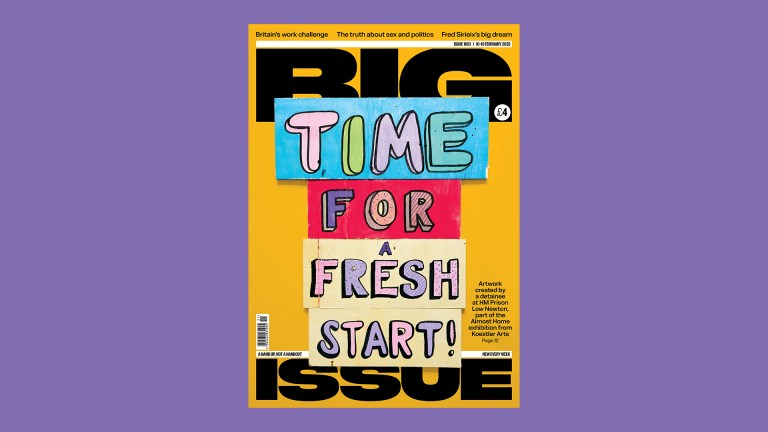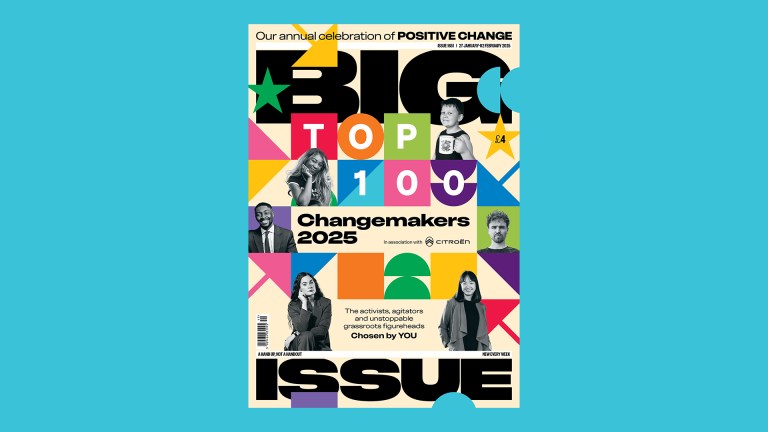Zayn Malik first entered our lives on the stage of The X Factor auditions in 2010, aged just 17. Teamed up with Harry Styles, Niall Horan, Liam Payne and Louis Tomlinson, One Direction may not have won the series but they quickly became a stratospheric pop phenomenon, shifting 70 million records.
Then, after five years in the band, Zayn stepped away. But the close of one chapter was only the beginning. His debut solo album released in 2016, Mind of Mine, became the first UK male artist to top of the charts in the US with a debut. The song “Pillowtalk” hit number one in a staggering 68 countries.
Zayn is more than a supernova popstar. He’s a campaigner and proud voice for positive change. In reaction to the cost of living crisis crippling communities across the country, he wrote an open letter to prime minister Rishi Sunak calling for the expansion of free school meals for the close to one million children living in poverty in the UK currently missing out. “I too was one of the children in the UK that relied on programs to ensure I was able to eat,” Zayn wrote.
Next month Zayn, now 31, releases his latest album, Room Under the Stairs, with his 100 million-plus followers across social media eagerly awaiting a record that’s been six years in the making. And he has decided that speaking to the Big Issue, with exclusive new portraits, is the best way to talk about his return.
To read more from Zayn, buy a copy of the latest Big Issue magazine, with exclusive portraits taken for the cover and interview.
What else is inside this week’s Big Issue?
How the new voter ID system may stop millions from having their say at the next election
Strict voter ID requirements and a crumbling electoral registration system may stop millions of people from voting this year, experts have warned – with “dangerous” consequences for democracy. It’s a big election year in the UK. Londoners will vote for a new mayor on 2 May, and a general election before the end of autumn is looking increasingly likely. But many people won’t be able to take part, new research shows.










